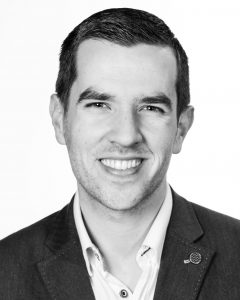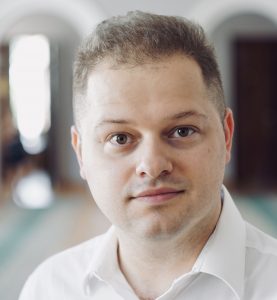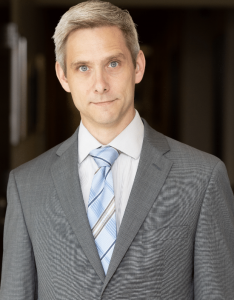God in the Irish Constitution
 Dr. David Kenny is Assistant Professor of Law at Trinity College Dublin
Dr. David Kenny is Assistant Professor of Law at Trinity College Dublin
Upon first reading, God, and some of his consistent personages, plays a striking and prominent role in the Irish Constitution. But like many things, the meaning and effect of this is not as clear and as obvious as one might think, and the real story of the God in the Irish Constitution is more complicated than one might initially assume.
A Godly Preamble
In their first week of law school, I have my Constitutional Law students read the Irish Constitution and ask for their impressions. For almost all of them, it is their first time reading the text in full. Every year, multiple students note the religiosity of the text as the most striking feature. Before even that most common invocation of popular power “We, the people,” our Constitution’s Preamble begins with a very different invocation:


